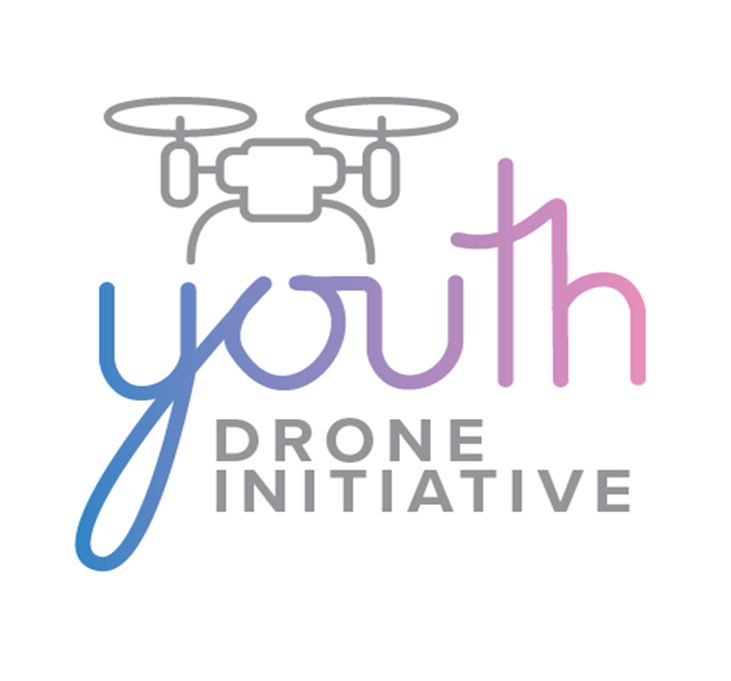The FAA (Federal Aviation Administration) launched a new strategy to bring young people into drones. Called the Youth Drone Initiative, the program aims to connect youth organizations to advance drone aviation as a career pathway alongside traditional aviation careers.
What’s the benefit of getting involved with the FAA’s new, youth-focused drone program?
Participants of the Youth Drone Initiative will have the opportunity to support and interact with various stakeholders. With that, they’ll share regulatory changes, successes, and solutions. And in theory, a successful initiative will help expand the future aviation workforce. That’s all by offering STEAM (Science, Technology, Engineering, Arts, and Math) opportunities to students.
How to join the Youth Drone Initiative
This initiative is open to leaders, coaches, and faculty members of schools, organizations, or clubs that educate or gather students aged 11-18. Participants should have an existing drone program, offer drone courses, or plan to implement such programs.
To apply for the Youth Drone Initiative, send an email to 9-FAA-UAS-CTI@FAA.gov. In the email, include the name of your school, organization, or club, alongside a brief description of your program.
Adding drones to your STEM programs
Incorporating drones into STEM programs offers significant educational benefits. Drones have been proven to get kids interested in science, technology, engineering, and math. They provide real-world examples of coding in action. Drones can demonstrate principles of flight and physics. Plus, drones offer hands-on experience in building robotics.
Beyond traditional STEM fields, educators can use drones in various other subjects. For example, the DroneBlocks drone curriculum includes classes on block coding and Python programming. DroneBlocks even has a class on how to put on a drone light show. (You’ll need to purchase the equipment if you plan to turn this into reality.)
Environmental science classes can utilize drones to get aerial views of their study areas. Meanwhile astronomy classes can use multiple drones to model the solar system. Photography and art students can create unique projects, and business students can explore entrepreneurship through practical drone applications.
We’ve put together a guide to reputable drone lesson plans that work well in classrooms or after-school groups. These are also great for home study, either for drone home-school programs or just for learning opportunities during summer break. Besides the aforementioned DroneBlocks, the best include the video courses from Drone Dojo and even some Part 107 courses. A Part 107 course can make for a great opportunity for young adults to graduate high school with not just a diploma, but a drone pilot’s license, too.
And hey, though these drone lesson plans are designed for kids, they’re great for adults.

